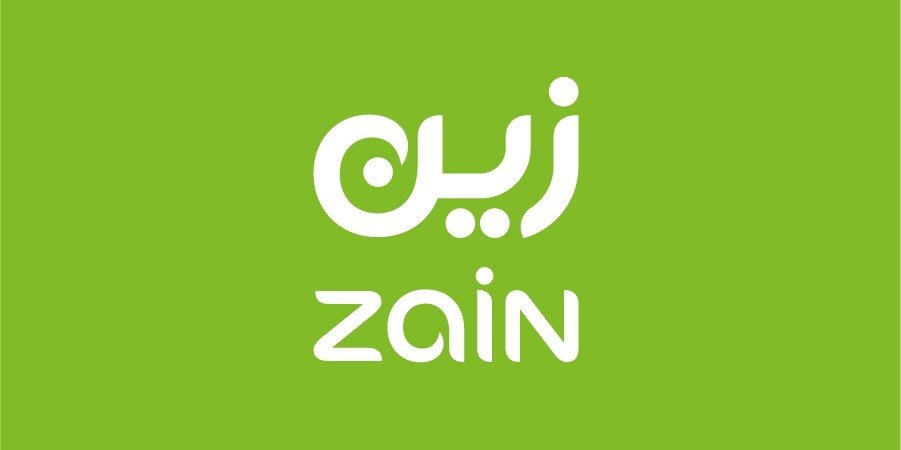Islamabad — Pakistan has unveiled its National AI Policy 2025, an ambitious roadmap to position the country as a regional leader in artificial intelligence, targeting the training of one million people in AI by 2030.
The strategy, announced by Minister for IT and Telecom Shaza Fatima Khawaja, sets out major initiatives, including the creation of 10,000 AI trainers, 20,000 internships annually, 3,000 advanced research scholarships each year, and access to high-performance computing resources for 150 institutions.
By 2027, all public servants are expected to be AI-trained, with a National AI Skill Development Program preparing 200,000 individuals annually. The “Train-the-Trainer” program aims to qualify 10,000 educators by the same year, while the High-Tech Internship Program will provide 20,000 certified placements each year.
Educational reforms under the policy will integrate AI into schools and universities, expand postgraduate and doctoral scholarships (3,000 annually), and provide 15,000 student loans per year. These programs will be executed through public-private partnerships with NAVTTC, provincial governments, education boards, private sector enterprises, and the diaspora community.
To ensure robust governance, the Ministry of Information Technology and Telecommunication (MoITT) is forming an Artificial Intelligence Council to oversee implementation. Simultaneously, Centres of Excellence in AI (CoE-AI) are being established in major cities, with additional hubs planned.
The government has also launched the National AI Advancement Initiative, including a National AI Fund and a venture capital fund to support startups. These will provide entrepreneurs with labs, advisory services, and financing opportunities to bridge innovation gaps.
Inclusivity forms a core pillar of the policy, with DigiSkills programs designed for women, people with disabilities, and marginalized communities. Partnerships with Bait-ul-Maal and Ehsaas, incentives for female entrepreneurship, and awareness campaigns in local languages will ensure equitable AI adoption.
“Pakistan’s AI journey is not just about technology—it is about inclusivity, opportunity, and preparing our workforce for the global digital economy,” Shaza Fatima said.















